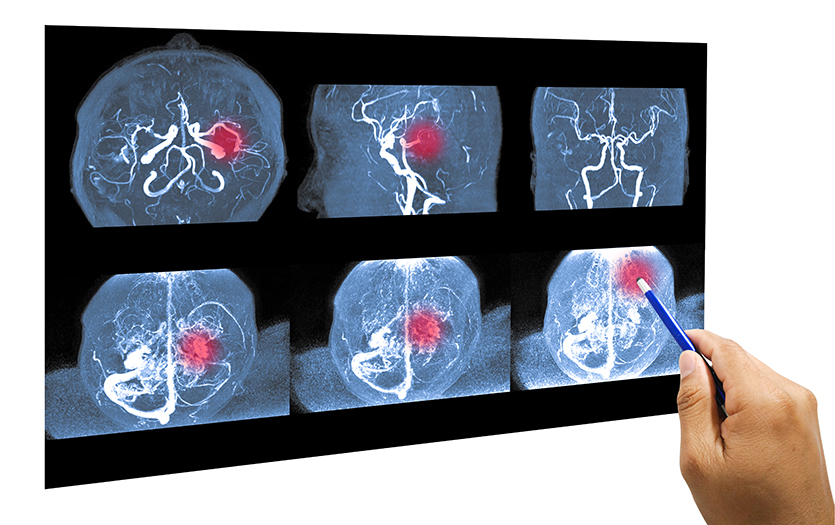Fatigue, brain fog, unexplained weight gain, joint pain and muscle weakness are some of the warning signs that could be attributed to an underlying issue. Angela LaSalle, MD, PPG – Integrative Medicine, shares the warning signs, symptoms and treatment options for one possible culprit, Hashimoto’s Disease.
What is Hashimoto’s Disease?
Hashimoto's disease, or Hashimoto's thyroiditis, is an autoimmune condition of the thyroid. With this disease, your immune system misidentifies the thyroid, a small gland at the base of your neck, as a foreign invader in the body, and slowly attacks it.
The inflammation resulting from Hashimoto’s disease often leads to an underactive thyroid gland, or hypothyroidism, and can have a profound effect on your everyday life. Hashimoto's disease primarily affects more women than men. While it can occur in teens and young adults, it most often appears between ages 30 and 60, with a strong hereditary connection.
Symptoms
It is not uncommon for the signs or symptoms of Hashimoto’s disease to go unnoticed at first. The disease typically progresses slowly, occurring over time and causing chronic thyroid damage which can lead to low thyroid hormone levels and an underactive thyroid gland, or hypothyroidism. Possible symptoms of an underactive thyroid could include:
- Fatigue and sluggishness
- Increased sensitivity to cold
- Constipation
- Pale, dry skin
- Brittle nails
- Hair loss
- Unexplained weight gain
- Muscle aches, tenderness and stiffness
- Joint pain and stiffness
- Muscle weakness
- Memory lapses or brain fog
When to see a doctor
If you are experiencing irregular symptoms or issues outside of your normal habits, such as fatigue for no apparent reason, dry skin, brain fog or any of the above symptoms, Dr. LaSalle suggests evaluating your overall health and consulting your primary care physician. A diagnosis of Hashimoto’s disease is based on several factors including a comprehensive history, evaluating any symptoms you may be experiencing and blood tests that measure the level of thyroid hormone and thyroid-stimulating hormone (TSH) being produced by your pituitary gland.
Treatment
While there is no cure for Hashimoto’s disease, replacing hormones with medication could help regulate hormone levels and aid in the restoration of a normal metabolism. Dr. LaSalle agrees, with good care, proper management of thyroid levels and possible hormone replacement, people diagnosed with Hashimoto’s can do quite well and lead very fulfilling lives.



